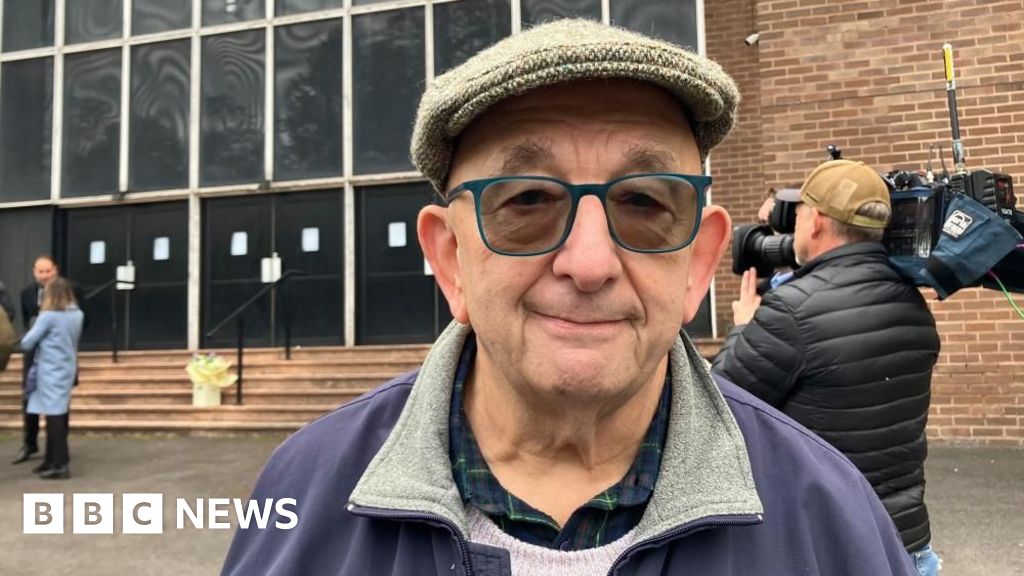What started with invites for a quick ‘wine o’clock’ after the school run soon spiralled into Helen drinking two bottles a day and hiding her struggles with alcohol from her family and friends.
Married with two children and with a successful career in project management and consultancy, Helen, now 54, was in her 40s when she noticed the shift in her drinking from a sociable habit to a problematic one.
She had a beautiful home, children she adored, and a middle-class existence that she says masked what was happening behind closed doors.
“On the outside, everything looked lovely,” she says, “but inside, I was lost.”
“This whole ‘wine o’clock’ concept… it was introduced to me as a sort of cheeky glass of wine after school or on a Friday. It was accepted, fun, and you know, acceptable and very quickly became a normal part of life.”
But eventually, things started to change. “I was deeply unhappy. I’d lost myself. My identity had shrunk to being just a mum. And that glass of wine at the end of the day became the only thing I looked forward to,” she recalled.
As pressures of home life, unresolved trauma from a chaotic childhood and loneliness took hold, Helen said wine “started filling a gap”.
“I did notice, but I didn’t think of it as a problem that I was becoming more dependent on it over time. I can remember getting through a bottle and thinking, well, that went quick. So I remember going to the supermarket and picking up the second bottle, picking up a miniature bottle under the guise [of] needing it for whatever I was cooking that night,” she says.

Helen’s story comes as the number of deaths from alcohol-related liver disease in women has risen by 76 per cent since 2003, compared to 53 per cent in men.
Unlike so many stories depicted on TV shows or movies, Helen never woke up with “crashing hangovers” or feeling unable to cope, and it was years before she noticed how dependent she had become on alcohol.
Friends reached out offering help, and she tried therapy, but the drinking continued, and spiralled when the pandemic hit.
As problematic drinking levels across the country rose, Helen said, “mine became really, really bad at that point because no one saw anyone.”
“When I got to the point that I reached my rock bottom, when I got to that point, I just, I was desperate for help, I knew that I needed help, and it was me that was asking for help. I remember I saying to my husband, I need to go to rehab, I can’t do this anymore… Because I had I’d got to a point that weekend that I I’d woken up thinking that thinking that I was dying.”
And she was not alone, figures show that hospital admissions due to alcohol related-liver disease in women rose from 30,461, (a rate of 109.8 per 100,000) in 2019-20 to 33,860 (118.6 per 100,000) in 2022-23.

In October 2022, Helen admitted herself to the Priory Hospital Woking for rehab treatment. Now sober, she says her and her family’s lives have been transformed.
“There is so much shame and isolation and stigma and guilt around addiction. You feel I felt so alone… and cut off.
“[Recovery] changed my family’s life. I’ve adapted my role as a mother, [my sons are] almost grown-up men. We have a really open, I’m not hiding anything from them anymore… we have a really open, honest, um beautiful relationship.”
Helen hopes sharing her story will help people recognise addiction in themselves earlier than she did, and that it needn’t be something to be ashamed of.
According to the Priory Group, which is running a campaign called ‘Break the Chain’, which seeks to raise awareness of intergenerational addiction and is encouraging people to seek support before reaching a crisis point.
The private provider said it has seen a 76 per cent rise in women seeking help from its alcohol rehab service since 2019.
Pressures on the government to introduce minimum pricing for alcohol in England are growing, with health experts urging the government to tackle the “scale of the current crisis”.
However, no measures were introduced when the government published its 10-year plan for the NHS.
Helen is urging the government to take action on the issue.
“It frustrates me how little acknowledgement there is for addiction. It causes so many problems in society. People growing up with addiction, people growing up with parents who are addicts, and then become addicts, it just breaks families apart… But it’s something that the government doesn’t seem able to deal with.”




